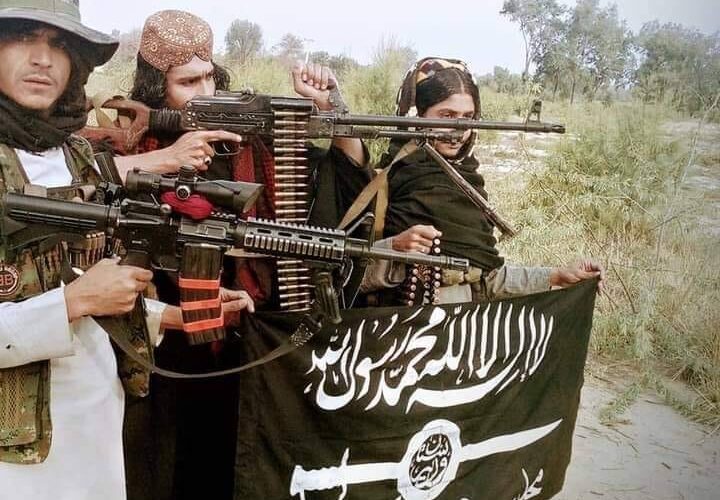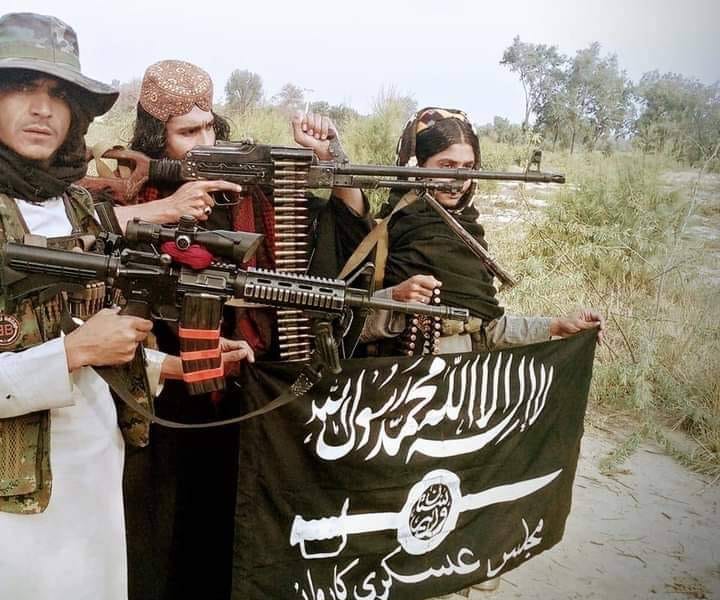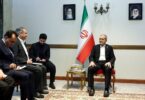On 28 June 2025, a fidayeen attack claimed by the Hafiz Gul Bahadur group (HGB) killed 16 soldiers and wounded over 29 individuals, including civilians, local government officials and police officers in North Waziristan, Khyber Pakhtunkhwa (KP).
According to a government official “A suicide bomber rammed an explosive-laden vehicle into a military convoy. The blast killed 13 soldiers, injured 10 army personnel and 19 civilians”. However, there are reports surfacing of 16 soldiers being killed. The HGB is known to have close ties with Tehreek-e-Taliban Pakistan (TTP) and has been reported to have become a faction of TTP. The orchestrated attack in particular had been specifically carried out by HGB’s fidayeen or the suicide bomber wing. HGB was designated a terrorist organization by Pakistan on 31 July 2024.
HGB is known to operate in North Waziristan and surrounding areas of the former Federally Administered Tribal Areas (FATA) region in Khyber Pakhtunkhwa. Though the group had previously directed most of its attacks against the Afghan government and NATO forces during the war in Afghanistan, it has targeted the Pakistani government since 2021. HGB have been responsible for several high-profile attacks on Pakistani security forces in the ongoing insurgency in Khyber Pakhtunkhwa.
Since 2021, there has been a surge in violence and terror attacks in Pakistan. It Is certain that the increment in Taliban allied anti Pakistan groups are a direct product of Taliban’s rise to power in Afghanistan.
According to several reports, 290 people largely comprising of security officials, have been killed or targeted in the terror attacks since January 2025 by armed militant groups fighting the Pakistan government in both Khyber Pakhtunkhwa and Balochistan.
Hafiz Gul Bahadur Group
HGB commands a strong allegiance from the tribal followers of Hafiz Gul Bahadur. In 2005, Hafiz Gul Bahadur opposed a Pakistani military operation in KP. According to various reports, a peace deal was signed with the government of Pakistan in 2006. Bahadur later became the leader of the local Taliban in North Waziristan. He was named as the first deputy of the Pakistani Taliban upon its formation in December 2007. However, the faction suffered due to internal disputes due to Bahadur’s insistence on attacking targets in Afghanistan and not the Pakistani government. This was one of the factors because of which the Pakistani government dubbed HGB as the ‘good Taliban’. In 2014, HGB’s peace agreement with the Pakistan ended as the Pakistani military launched offensive attacks on all militants in the region, including HGB. After the Taliban rose to power in 2021, HGB diverted its strikes on Pakistan and also collaborated with the TTP. The group has been consistently blamed for operating out of Afghanistan to carry its anti Pakistan activities.

It is worth mentioning, Hafiz Gul Bahadur is a militant commander, who came from the Datta Khel area of North Waziristan. He has been closely associated with the Haqqani Network and has participated in several Taliban operations against the Northern Alliance in Afghanistan. Post 9/11 attacks and the US war on terror led to the relocation of several Haqqani cadres to North Waziristan. During this time Bahadur provided safe havens to members of the Haqqani Network and Arab associates of Al-Qaeda. Even though Bahadur didn’t formally align with the Tehreek-e-Taliban Pakistan (TTP), he is known to have provided the necessary aid to the outfit as required. He founded a group named Shura Mujahideen-e-Waziristan, which claimed neutral stance in the conflict against the TTP by Pakistani security forces. However, he remained in support of both the TTP and Al-Qaeda.
Gul Bahadur had diplomatically managed to maintain his relations with Pakistani forces, the Haqqani Network, TTP, and Al-Qaeda.
Over the years, Hafiz Gul Bahadur’s faction has gained many recruits from Jani Khel area of Bannu district and members of the Dawar tribe, owing to its ties to the Afghan Taliban, TTP, and Bahadur’s extensive experience in the combat background. Since the residences of some affiliated tribes are on both sides of the Pak-Afghan border, the group members can manoeuvre between Pakistan and Afghanistan.
Similarly to the approach with TTP, the Pakistani government tried to establish agreements with the Hafiz Gul Bahadur group in 2006. According to the agreement, the Gul Bahadur would steer clear of Pakistan and stop from conducting attacks within its territory. This also included the dispatching of fighters into Afghanistan. However, this didn’t prevent Gul Bahadur from sending militants into Afghanistan.
By 2014, at the time of operation Zarb-e-Azb, Bahadur developed closer alliance with the TTP. Reports of the Gul Bahadur group receiving funds and support from Afghan Taliban and the Haqqani network have also made the news. In order to discourage the influence of the ISIS Khorasan (ISK) in the region, the Taliban have been trying to leverage the playing field by bolstering the TTP and the Gul Bahadur group. This is likely to not sit well with the Pakistani administration.
Along with TTP and other insurgent groups, the Gul Bahadur group has also presented itself as a serious threat to Pakistan and seeks to align with anti Pakistan groups.
HGB activities
- On 3 June 2023, in a joint collaboration HGB and the TTP launched orchestrated an attack on a security checkpoint in Jani Khel, Bannu, killing two soldiers and losing two members in a gunfight.
- On 26 November 2023, a fidayeen attacked a security convoy in Bannu, killing two civilians and injuring three soldiers. The attacker was an Afghan national affiliated with HGB.
- On 16 March 2024, HGB fighters attacked a military post in North Waziristan, killing 7 soldiers and 6 HGB fighters.
- On 15 July 2024, HGB struck an army cantonment in Bannu, killing 8 soldiers and injuring 141 people.
- On 9 August 2024, HGB launched three attacks on different military posts in Tirah Valley along the Afghan border, killing three Pakistani soldiers.
- On 28 June 2025, a suicide bombing targeted a military convoy in North Waziristan, killing 16 soldiers and wounding several individuals. (The attack occurred during a curfew)
In 2024, a sub-group of HGB known as Jaish-e-Fursan-e-Muhammad (JFM) was formed for the purpose of fighting Pakistani security forces. JFM is a front for HGB, similar to TTP's front groups such as Tehreek-e-Jihad, in order to claim plausible deniability for attacks against Pakistan.










